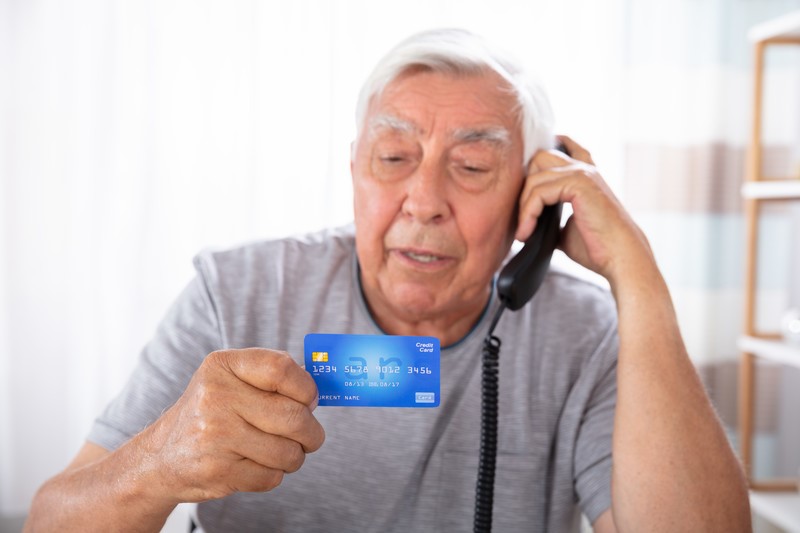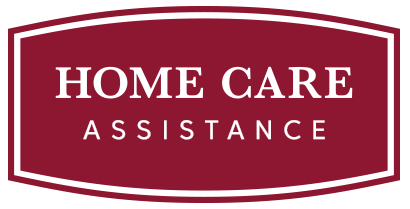Protecting Seniors From Scams

Scammers like to prey upon older people in senior care because of their likelihood to be generous and kind. Money scams can happen by phone, email, the internet or even in person.
Older residents in senior care need to be cautious with their finances. They’re often on fixed incomes with little savings. These money scams can damage their future lifestyle and wellbeing. If an aging adult suffers a financial loss, children or grandchildren may end up paying the consequences, too, as they wind up assisting with the losses.
What can be done to keep loved ones in senior care safe from scammers? First, be sure to talk with aging parents and educate them on common scams so they can be more discerning of tricksters. Scam artists are experienced and can fool people of any age. Remind seniors to fully investigate a person or company before releasing any money or information. Ask them to contact you for assistance if someone or something seems suspicious. Empower the older adults by telling them it’s okay to hang up on solicitors and discard emails without answering.
Scams have always been around but there are some more common ones that you will want to learn about:
- Phony winnings – fraudulent lotteries, contests, and free prizes. The criminals are looking for account information. They typically ask for shipping or other fees to be paid in order to obtain credit card or bank account details.
- Counterfeit charities – bogus relief from a recent disaster. There are non-profits that champion for support of these causes, but criminals try to capitalize, as well.
- Impersonators – relatives like grandchildren, nieces, or nephews need money because they’re in jail or stuck in another country. Callers may say they’re desolate and ask for the purchase of a prepaid gift card or a wire transfer. Red flag!
- Door-to-door sales – gimmicks like products, magazine subscriptions, or even roof repairs. This can be costly.
Scammers retrieve credit cards, money and personal info from the elderly in senior care in a multitude of ways, so it’s important to keep communication open with loved ones. Reassure them you’re looking out for them and remind them it’s okay to be skeptical of strangers.
A caregiver provides an additional level of help because they can watch for signs of mail or phone scams for the elderly person in senior care. Learn more about in-home care services by contacting Home Care Assistance of Dallas.

